
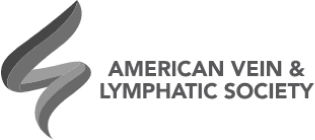
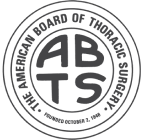
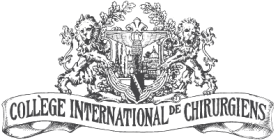
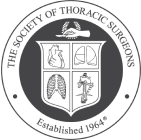
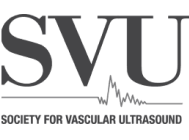










Chuback Vein Center - Posted on November 19, 2020
Did you know that over 40 million Americans suffer from varicose veins? They are probably more common than you think and there are a variety of factors that have an effect on your likelihood of developing them. From genetics, to hormones, to lifestyle – these factors can all play a role in the risk of developing varicose veins.
First, we need to understand the role our veins play in our overall health. Blood is recycled through our body, and it is our veins’ job to push the blood back up to our heart, against the force of gravity. They do so with the help of our muscles and valves that continuously pump the blood upwards and prevent it from flowing back toward the feet. For someone who is dealing with varicose veins and venous insufficiency, either the valves in their veins aren’t working properly and/or the person is too sedentary. Consequently, the blood will move in both directions and start to pool in the veins, causing them to become dilated and bulged.
Many people don’t realize how much of an impact their career can have on their lifestyle and overall health. Some jobs call for long hours, standing on your feet all day while other jobs may require hours and hours spent at a desk. For vascular health in particular, it is important to move around rather than spending the entire day stationary, whether that be standing or sitting.
Over the past 15 years, Chuback Vein Center has treated thousands of patients suffering from varicose veins. There are, however, certain populations of patients where this is more prevalent. Some of the most common occupations that may increase your risk for developing varicose veins include:
Hair Stylists are known to be on their feet all day in a stationary position, which means their veins have to work harder to pump the blood back up to the heart. After years of doing so, the valves in the veins become less efficient, causing the blood to pool and create varicosities.
Nurses are also known to typically have busy shifts that require them to be on their feet the majority of the time. On top of that, their job usually requires longer shifts than most. The combination of the two leads to added stress on their veins.
The majority of a teacher’s day is spent giving lectures on their feet in front of a class and the rest of their day is spent sitting down to grade papers or create lesson plans. The substantial amount of time spent in both scenarios makes them very prone to vascular problems.
Any job that requires being at a desk all day also means prolonged periods of sitting. If possible, anyone with a desk job should try to get up and move around once every hour to promote circulation. Without the pumping of the leg muscles, vein valves get no assistance to move blood, leading to excess stress and varicosities.
Truck drivers typically have long shifts that tend to require prolonged periods of sitting behind the wheel with limited mobility. This ultimately decreases the blood circulation in the legs and feet, increasing the risk of developing varicose veins.
These are not the only jobs that can put you at risk for developing varicose veins. If your job requires long, stationary periods of time, there are ways that you can reduce your risk of developing varicose veins.
Without a healthy set of veins, your body cannot operate at its best, therefore it is extremely important to seek treatment. At our New Jersey vein center, we provide complete and thorough diagnostic testing. With venous ultrasound we can determine the extent of venous insufficiency and the necessary series of treatments you will need. In our state-of-the-art facility, we offer several minimally invasive procedures that will treat your venous insufficiency without interfering with your everyday lifestyle. It is our goal to improve the health of your legs, and restore the energy you almost forgot you once had!
We invite you to become a part of the Chuback Vein Center family. We are confident in our ability to restore your health and wellness.